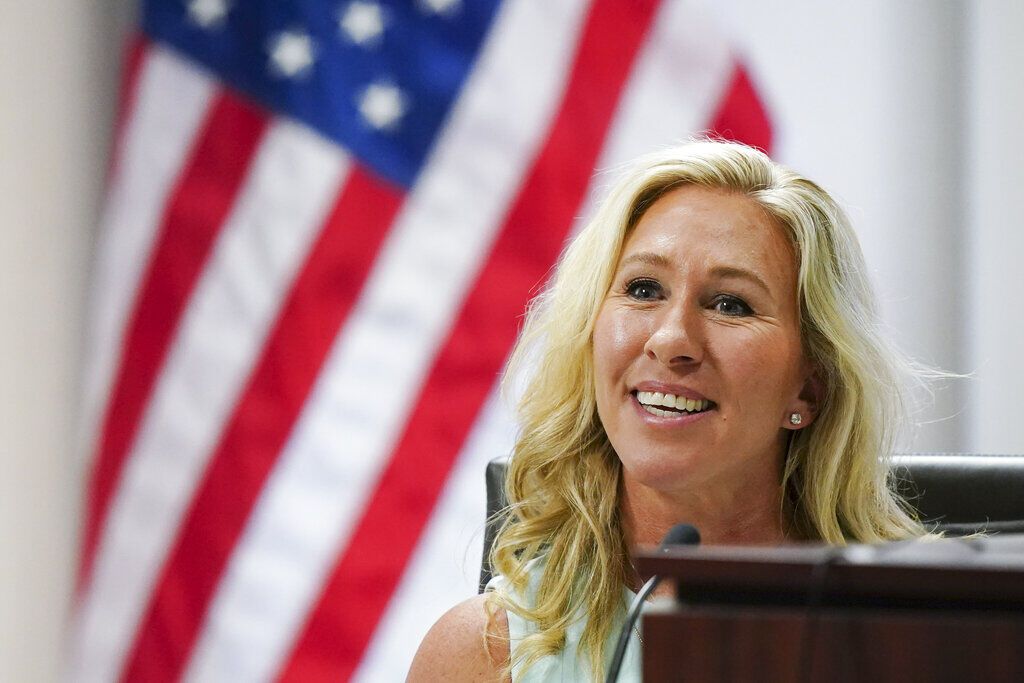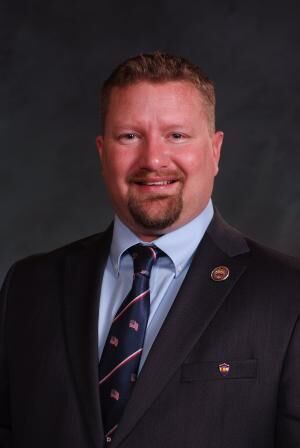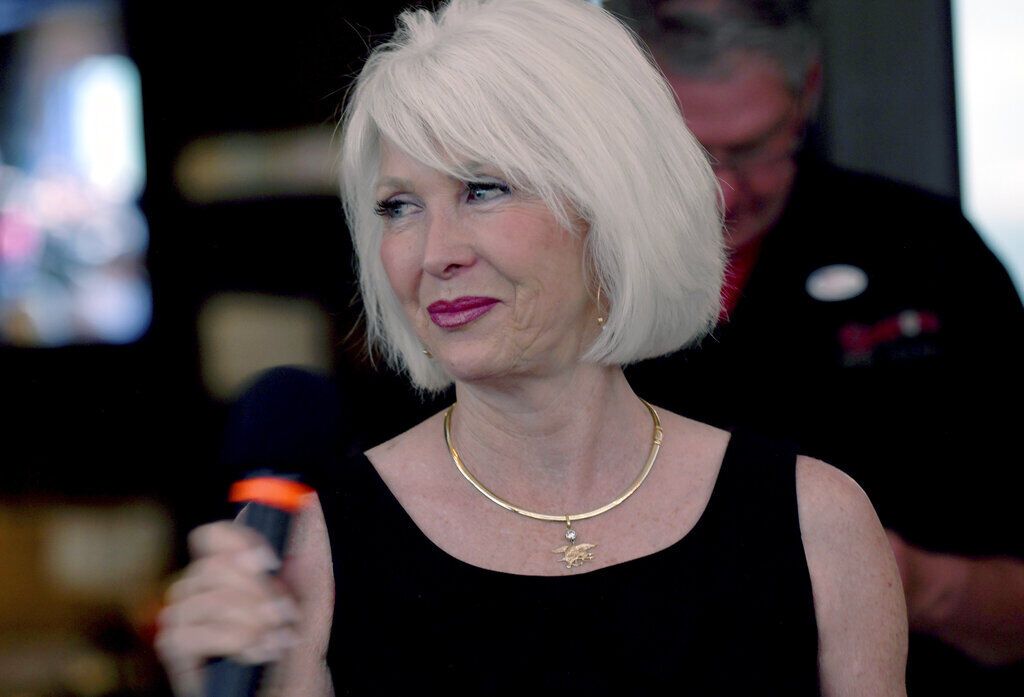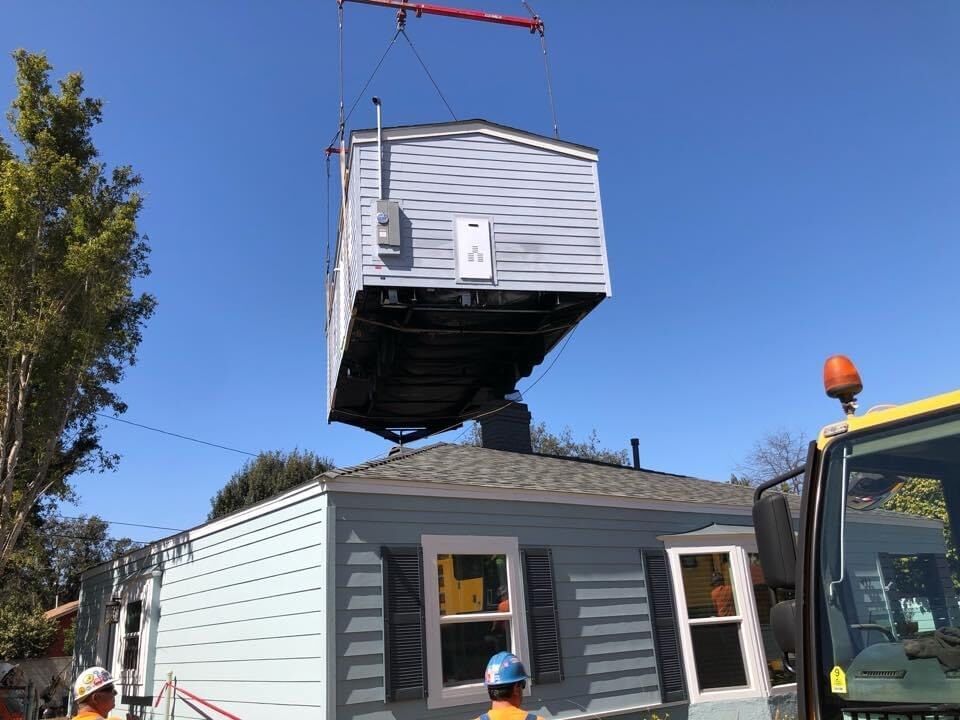Colorado House and Senate hear bills on environmental impact, regulation of vaping products

Two bills, one introduced in the Colorado House and one in the Senate, seek to tackle two very different issues related to the same concern – vaping and electronic smoking devices.
House Bill 1069, sponsored by Rep. Alex Valdez (D-Denver), would create an advisory group tasked with conducting an analysis of methods and strategies for recycling single-use electronic smoking devices.
The analysis will examine a number of factors, including the environmental impact of single-use electronic smoking devices, existing practices in place for disposing of the products, and whether the state should create a deposit-and-recycle program.
According to Valdez, single-use electronic smoking devices contain lithium ion batteries, which are considered a hazardous waste by the Environmental Protection Agency (EPA). He said the amount of vapes sold annually in the United States contain an estimated 23.6 tons of lithium, enough to make 2,600 electric vehicle batteries. He also said these devices are typically incinerated as they cannot be traditionally recycled, but incineration is harmful to the environment and not widely available in Colorado.
Rachel Setsky, testifying in favor of the bill on behalf of EcoCycle Center for Hard-to-Recycle Materials (CHaRM) in Boulder, said improperly disposed electronic smoking devices have caused fires at recycling facilities across the country, increasing insurance premiums. Additionally, Setsky testified CHaRM spends $16 per vape to transfer the devices to the correct disposal location, the Household Hazardous Waste facility. Setsky said her organization encourages the banning of single-use electronic smoking devices due to their environmental impact.
Shelly Fuller, the hazardous materials program manager at the Household Hazardous Waste facility, said her facility received nearly 800 pounds of vape-related waste last year, which accounted for about $5,000 in disposal costs. She also said Boulder County has collection bins for vapes confiscated from students at local schools, and that five of the county’s vape shops have take-back programs for customers who are finished with their devices.
Fran Babrow, who previously worked with Boulder County Department of Public Health’s Tobacco Education and Partnership Team, spoke of the concern expressed by members of her community regarding the environmental impact of single-use electronic smoking devices.
“There is broad acknowledgement that this waste is a problem among folks selling these products,” she said. “I heard concern after concern voiced among shop owners and community members about the sheer amount of vape-related waste these individuals see disposed of. The folks I spoke to had an enormous interest in advocating for a solution and taking part in this vape take-back program.
“What we have discovered is that a solution is both a community want and a community need. Our citizens are aware and engaged around this issue. We have a wonderful opportunity here to prioritize community voice and environmental impact over the voice of tobacco, and this bill is an excellent first step.”
Several amendments were introduced and approved by the committee to add members of school boards, local government and entertainment venues to the advisory. Perhaps the most controversial amendment will be the one to look into the possibility of banning single-use electronic smoking devices altogether or creating an extended producer responsibility law similar to the one enacted in 2022 for packaging and paper products. No witnesses testified in opposition of the bill.
Representatives Scott Bottoms (R- Colorado Springs) and Stephanie Vigil (D- Colorado Springs) expressed hesitancy around banning consumer products, but Valdez assured them that the bill simply tasks the board with looking into the possibility and does not enact any bans.
“As these devices are growing in popularity and their proliferation is growing across the United States and the state of Colorado, we really need to be looking at how we’re going to handle these things,” he said in his closing remarks to the committee. “I think this is a fairly straightforward look at what should be a nonpartisan issue; we don’t want this in our water, we don’t want it in our landfills, we don’t want kids using these devices, so at the end of the day, these devices are something that we should look at dealing with and we should do it sooner rather than later.”
The bill passed through the Energy and Environment committee and will next appear before the House Appropriations Committee.
The same day, a bill to clarify local governments’ authority to regulate flavored nicotine products went before the Senate’s Local Government and Housing committee.
Senate Bill 022 grants local county commissions the authority to regulate the sale of flavored cigarettes, tobacco products, and nicotine products. According to the bill’s sponsor, Sen. Kyle Mullica (D-Northglenn), the bill is a clarification measure to SB19-1033, which did not include a clause regarding flavored products. Mullica said he is a firm believer in local control and believes this bill clarifies that counties have the ability and option to regulate the sale of all cigarettes, tobacco, and nicotine products.
Several small business owners in the vape and tobacco industries testified in opposition of the bill, including Ann Fulgham, who owns Elite Vapes. She said that the bill creates confusion and uncertainty for business owners like her who own multiple stores in different counties that might have different regulations surrounding the sale of their products. She attested to the popularity of flavored products, which she said have helped many of her customers kick their cigarette habit.
Philip Guerin, who owns Myxed Up Creations in Denver, expressed a similar sentiment. He said the bill was “political maneuvering.” He pushed back against the common argument that flavored products attract children and teens to vaping, asserting that all of his customers are adults and every one of them prefer flavored products.
The vaping industry’s marketing practices toward youth was a concern expressed by Greg Poschmann, chairman of the Pitkin County Board of Commissioners and the county’s Board of Health. He said that a survey conducted by Healthy Colorado showed high school students from Pitkin County had the highest tobacco and vape use scores in the state.
Reilly King, a junior at Northglenn High School, spoke of her personal experience with teen vaping addiction. She said several of her friends have become addicted to nicotine, and she has seen how it has impacted their mental health, personal life, and relationships with their families.
“These products, while initially intended to assist adults in recovery from a cigarette addiction, have serious consequences and unforeseen effects on teens,” she said. “Vaping isn’t just a health concern, it is also a mental health concern in a world where suicide and self-harm rates are skyrocketing.
“Vaping has taken the place of seeking help from others, and it is what today’s middle school and high school students have been turning to to take a break and get that relief. In turn, their mental health will worsen as the nicotine will make their body reliant on it to release dopamine. This bill will not only help those who are currently addicted to vaping recover by restricting access, but also protect the youth of today from meeting the same fate as those who are addicted to cigarettes.”
The bill passed committee 4-3 on party lines. Representatives Kyle Brown (D-Frisco) and Elizabeth Velasco (D-Glenwood Springs) are the bill’s sponsors in the House.














